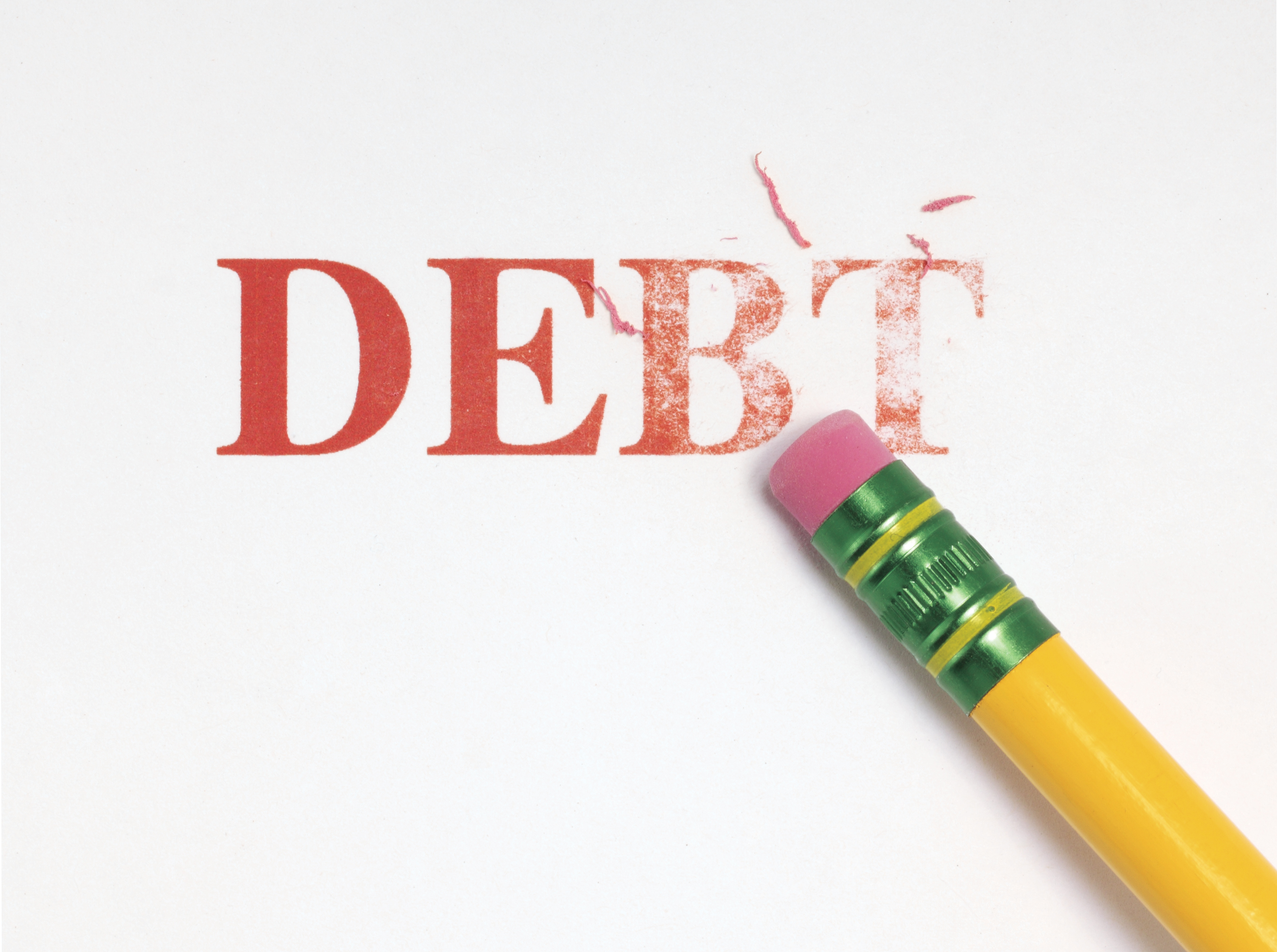Bankruptcy: The 341 Meeting
Every person who files Chapter 7 or Chapter 13 bankruptcy must eventually meet with a trustee. This meeting is referred to as the 341 Meeting, which is named after the section of the Bankruptcy Code where the meeting is described. It is also known as the meeting of creditors; however, in consumer cases creditors rarely […]
